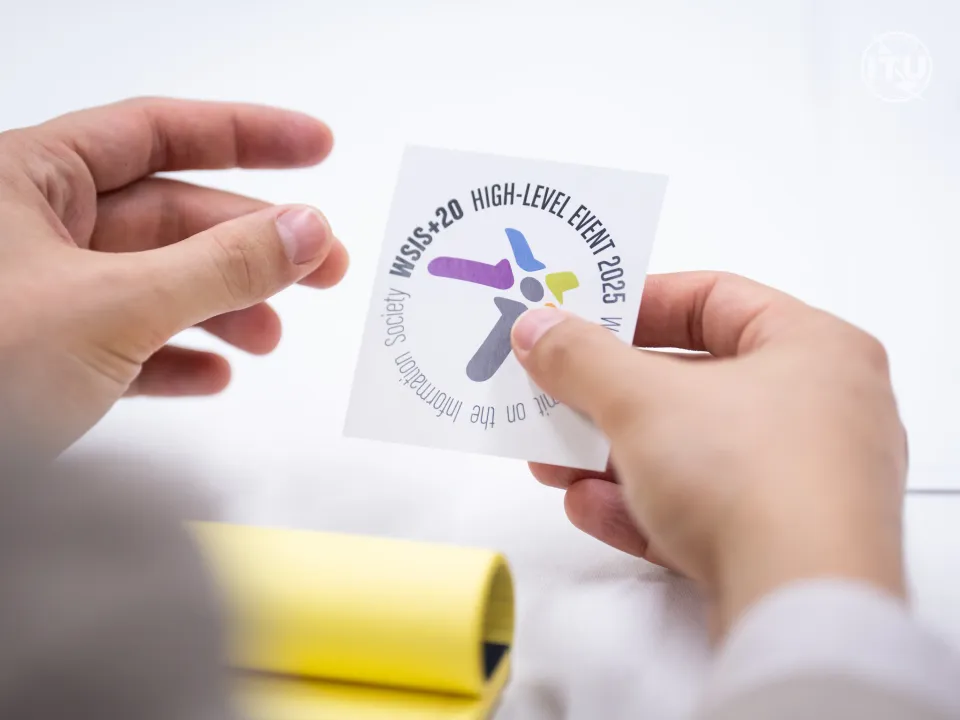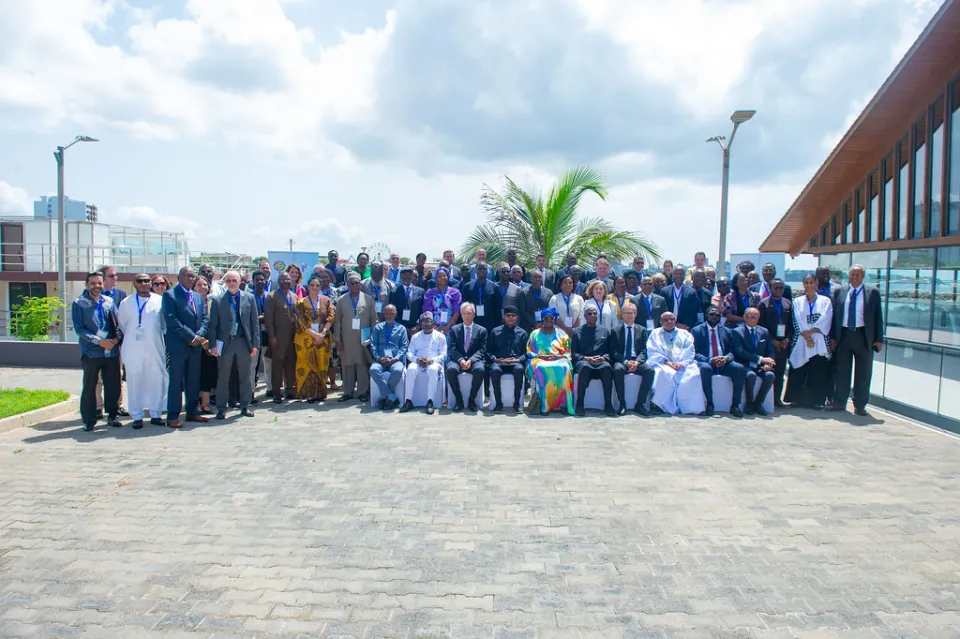On 26 October, the Tunisian people held their first-ever democratic and multiparty elections to elect the People’s Assembly legislature. In October 2011 Tunisia held elections to elect a constituent body (the National Constituent Assembly) mandated to deliver a democratic social contract after decades of an oppressive rule, and to fill in the legislative function for a transitory period only.
Tunisians were the first in the West Asia and North Africa region to topple their dictator, Zine El Abidine Ben Ali, who ruled the country for 23 years during what became known as the “Jasmine Revolution.” Despite the remarkable successes that Tunisia managed to achieve in a relatively short period of time, the process saw critical moments of tension and political deadlocks throughout the past three years. Nevertheless, and unlike many others in the region, Tunisians showed their ability to compromise, accommodate and resolve differences through dialogue and consensus building. These were never easy tasks, but the will and bid for democracy from the people and their leaders´ enabled the country to overcome obstacles and reach the historical moment on 26 October 2014.
These elections constitute a turning point in Tunisia´s transition toward democracy. For the first time the country will have a legitimately elected parliament that shall soon produce a government mandated to be accountable to its people. This will expedite building democratic institutions, rooting democratic practices and consolidating democratic governance. Preliminary results signalling a change in the political landscape is a positive indication of the strength of the emerging democracy in Tunisia, with results showing the current predominant party slipping into second place. The fact that the main political forces confirmed they would accept the election outcome before they took place further attests to the strength of this budding democracy.
Despite the many frustrations that naturally characterise all transitional processes, including the high expectations of the population, the Tunisian people again showed their commitment to the democratic process. While second and successive elections in emerging democracies are more difficult than the first ones, the electorate of Tunisia went out in large numbers to cast their votes, marking a level of turnout exceeding 60 per cent of registered voters, and marking a higher percentage of voter turnout than the 2011 elections for the Constituent Assembly.
Despite these overall figures, early reports note a higher level of participation by older people and a lower percentage of the youth vote. For many decades young people in the region have been the most affected by oppressive and corrupt governments that deprived them from real opportunities. This has created many challenges deeply rooted in the structural construct of these countries´ economies difficult to efficiently address by any government, much less by transitional governments that have to secure the future of a fledgling democracy.
In the days leading up to the 26 October elections Tunisia continued to suffer from violence and terrorist threats. Tunisian voters, however, showed an exemplary picture of orderly voting while polling station staff demonstrated respect for the law and established procedures. It is also important to highlight the dedicated efforts by the High Independent Elections Committee (ISIE in its French acronym) in organizing and conducting the elections. The ISIE should be commended for delivering a technically sound electoral process, in spite of the tight deadlines and the many challenges faced in the last months, not least those related to delays in enacting the new elections law.
More than 1,320 candidate lists contested these elections in 33 electoral constituencies. Six such constituencies are established for communities of Tunisians abroad to ensure they are properly represented in the parliament of their country. As in 2011, the high number of lists (an average of 40 per district) may be seen as a signal of the inability of political forces to forge electoral alliances to ensure better results. The results of these elections will certainly constitute good lessons learned for many parties, and will clearly show the importance of the efforts required to strengthen an efficient political party system and work on programmatic parties.
The electoral system applied in Tunisia adopts the alternation of female and male candidates in all electoral lists as a condition for nomination. While technically this should ensure a good representation for women in Tunisia, which is clearly the leading country in the region in terms of women´s rights and representation, the high number of lists may not allow the intended effect of full parity. Such a model, however, is especially important in the regional context, where women continue to endure many difficulties that obstruct their proper representation and participation.
The large numbers of domestic and international observers that followed the 26 October legislative elections in Tunisia should also be recognised as a contributing factor to the success, accuracy and transparency of the electoral process. Some 500 international observers and approximately 14,000 domestic observers were given full access to these elections. These are remarkably high numbers considering the size of the country with a population of some 11 million, with approximately 5 million registered voters.
Tunisians, the people across the region and the international community at large should all be proud of the success of Tunisian elections. For Tunisians this was a moment of truth to show their determination to make steady progress toward democracy. For the people across the region, where many countries continue struggling to launch real processes of transition to democracy, they may find in Tunisia a good example to follow, especially in terms of the emerging culture of dialogue that has enabled Tunisians to forge consensus and resolve differences peacefully. At the international level, Tunisia has proven that democracy is a universal attainable possibility.
Tunisia and its people, with this resilient vote for democratic governance, can certainly be proud but should not be complacent. The difficult tasks of Democracy building, strengthening and consolidation lay ahead, with a legitimately elected legislative body that should produce a genuinely accountable government. Many challenges will need to be addressed, including continued political dialogue, engaging youth, legal reforms, etc. The country will also elect its first democratically elected president in a direct popular vote (the current interim president was elected by the constituent assembly) on 23 November this year. It is hoped that these upcoming elections will also achieve the same or greater levels of success, fairness and integrity. This shall help the country to complete this first critical phase of its transitional process, so that real, hard work can start.
International IDEA will continue its presence in Tunisia in 2015 and beyond. The Institute will work closely with the ISIE, political parties, civil society and youth. For more details on the work by International IDEA in Tunisia and across West Asia and North Africa, please contact info-wana@idea.int.



